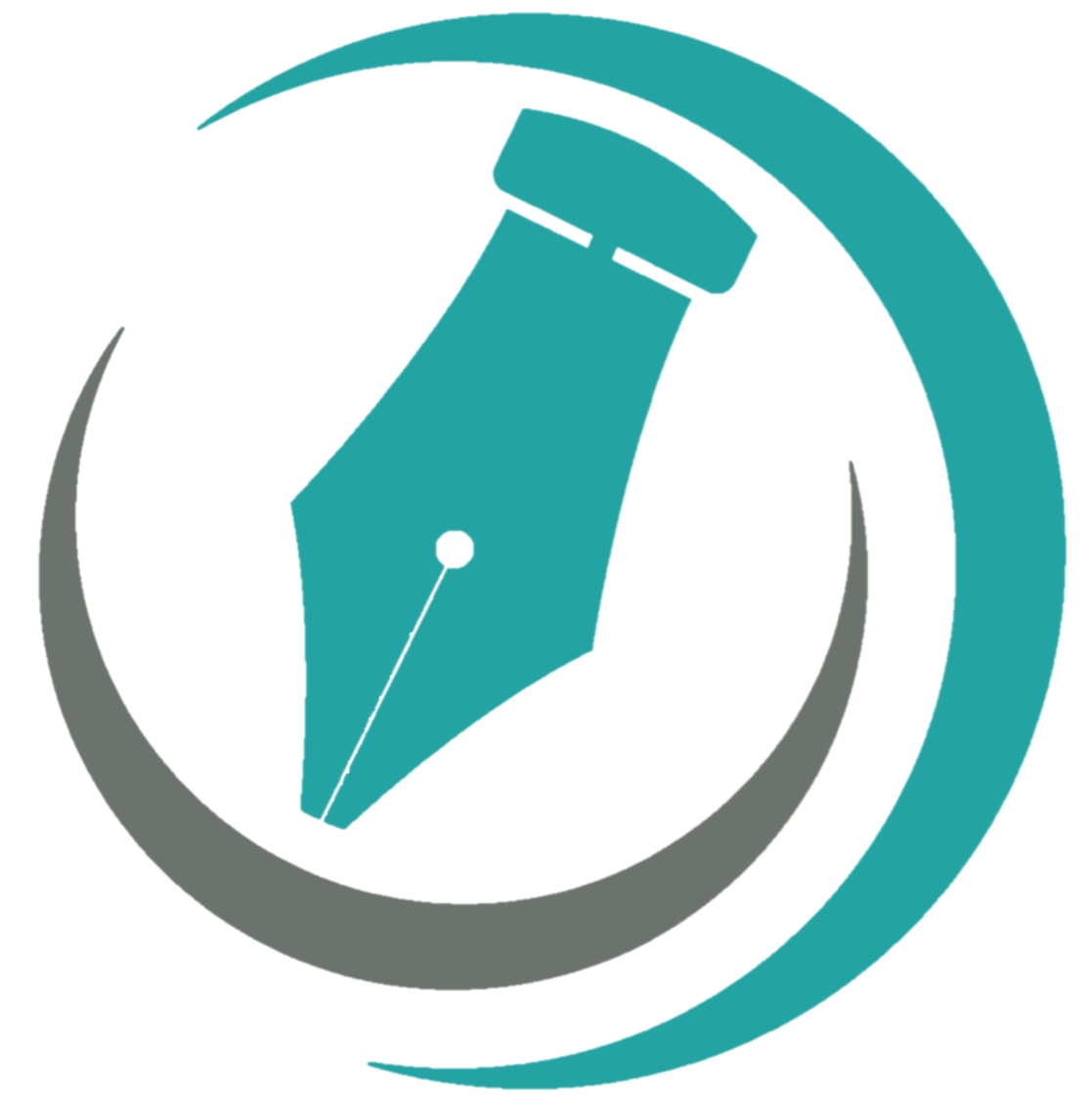How to Find and Hire An Editor
You’re a self-publishing author who has finally completed your manuscript. Sigh. The hardest part of capturing all of your ideas on paper is done. Congrats!
You let your manuscript rest for a day or two while you recover from the mental and emotional exhaustion. When you open it back up to self-edit, your stomach drops because it’s not at all what you expected. You might even wonder what the heck you were thinking.
Don’t give up. Consider hiring an editor instead.
Yes, you’ll still need to self-edit before passing it off the editor. But searching for a trained professional who can offer outside perspective can propel your work to the next level. Self-publishing means you can rely a lot on your own research and abilities, but investing in an editor is an investment in yourself. A good editor will instill confidence in your project and guide you through the revisions to make a more polished and professional product.
What do I need to know about editing?
Before hiring an editor, it helps to know a bit about the levels of editing. But keep in mind that the definitions vary by editor. Generally, though, there is developmental/content, line/copy editing, and proofreading. The following definitions are oversimplified for brevity. (You can learn how I define mine for Writing Help KC here.)
Developmental/content editing involves the overall structure, cohesion, and alignment with the target audience.
Line/copy editing ensures sensical, clear wording while also correcting grammar, spelling, and punctuation (think red markups on a page).
Proofreading is the last minute check of minor spelling, punctuation, and spacing issues after the interior of the book is designed but before the book is published.
Editing is a complex process that requires patience as well as a strong working relationship with your editor. Given the scope of the editing process and the depth of examination and thought required, high-quality editing takes time (sometimes a couple of months or longer). So plan ahead!
Where do I find editors?
There are many places you can find highly qualified, trained professionals who will work magic on your manuscript.
Your writing circles to see if other authors have recommendations. Local writing centers or libraries sometimes have referral lists to connect you with neighbors who might support your self-publishing journey.
Facebook groups and/or Instagram, believe it or not! We hang out a lot around both.
Podcasts and websites that focus on writers and self-publishing may have some editors for you to check out too.
Professional organizations or groups like Editorial Freelancers Association (EFA), ACES: The Society for Editing, and Editors of Colors have directories of trained editors from across the globe.
Google! Search using this: [your genre]+editors and see what you find. Many editors blog and have resources available that might help you with self-editing. If you like what they share, connect and see if they’d be a good fit for your project.
I recommend staying away from Fiverr and similar websites when it comes to hiring an editor. While the prices may be appealing, many of those individuals don’t necessarily have proper training.
How do I hire an editor?
Hiring an editor is a tough thing, but communication and rapport are key. You want to know that an editor will take care of your book baby and guide you through the editing process.
You’ll want to contact an editor at least six to eight weeks before you’d like them to begin editing. Some editors can get booked out months in advance, so the sooner the better.
In your inquiry email, share the following about your book:
Genre and target audience
Total word count
The levels (or type) of editing you think you need
Timeline for publication
Goal(s) for writing and publishing your book
You can also ask them about their training/credentials, portfolio, and/or testimonials if you haven’t already seen those on their website.
Some editors offer free sample edits. This enables both the editor and the author to ensure they are a match for each other. The sample edit is usually two to three pages (or about 1000-1500 words).
After you receive the sample edit and the details about the editor’s process and pricing, review the sample edit. Was it what you expected? Do you feel comfortable with how they are communicating their feedback? If they use Track Changes in Microsoft Word but you’re unfamiliar, do they offer support with that? Does their timeline align with yours?
Editors should have you sign a formal agreement or contract. If you need extra confidentiality, unique payment terms, or something specific to your project, ask them to include that. Ideally the contract has terms that will protect both of you if something happens or you decide to part ways.
As for the cost, the editor should communicate how and when they accept payments. For example, I use PayPal invoicing, which allows authors to pay with a PayPal account or credit card. I ask for a nonrefundable deposit of half the estimated project amount up front. That must be paid and the contract signed to secure a place on the calendar.
On occasion, I’ve passed along a colleague’s contact information if I felt uncomfortable with the topics or didn’t have expertise with that particular style of writing. I vet all of the people on my referral list and know they have similar approaches to working with clients.
Final Thoughts
Now that you have a lay of the editing land, let’s review the three main considerations for finding an editor who is the right fit for your project:
Editor expertise and experience
Project scope and pricing
Emotional connection
The editor and author rapport is key for an enjoyable and productive editing experience. Trust your instincts if something sounds too good to be true, but also know that editing is crucial for a high-quality end product when you’re self-publishing. Invest in yourself and your project by hiring the editor who can make your work stand out!

